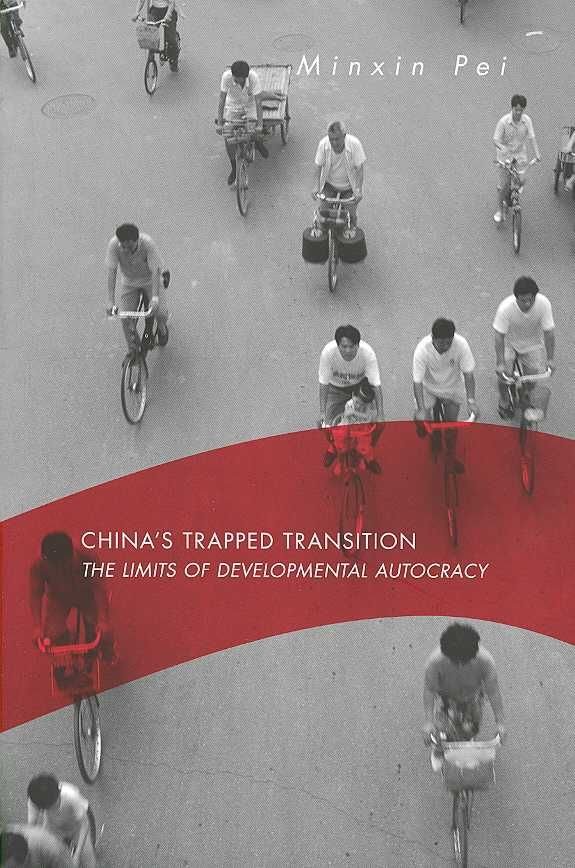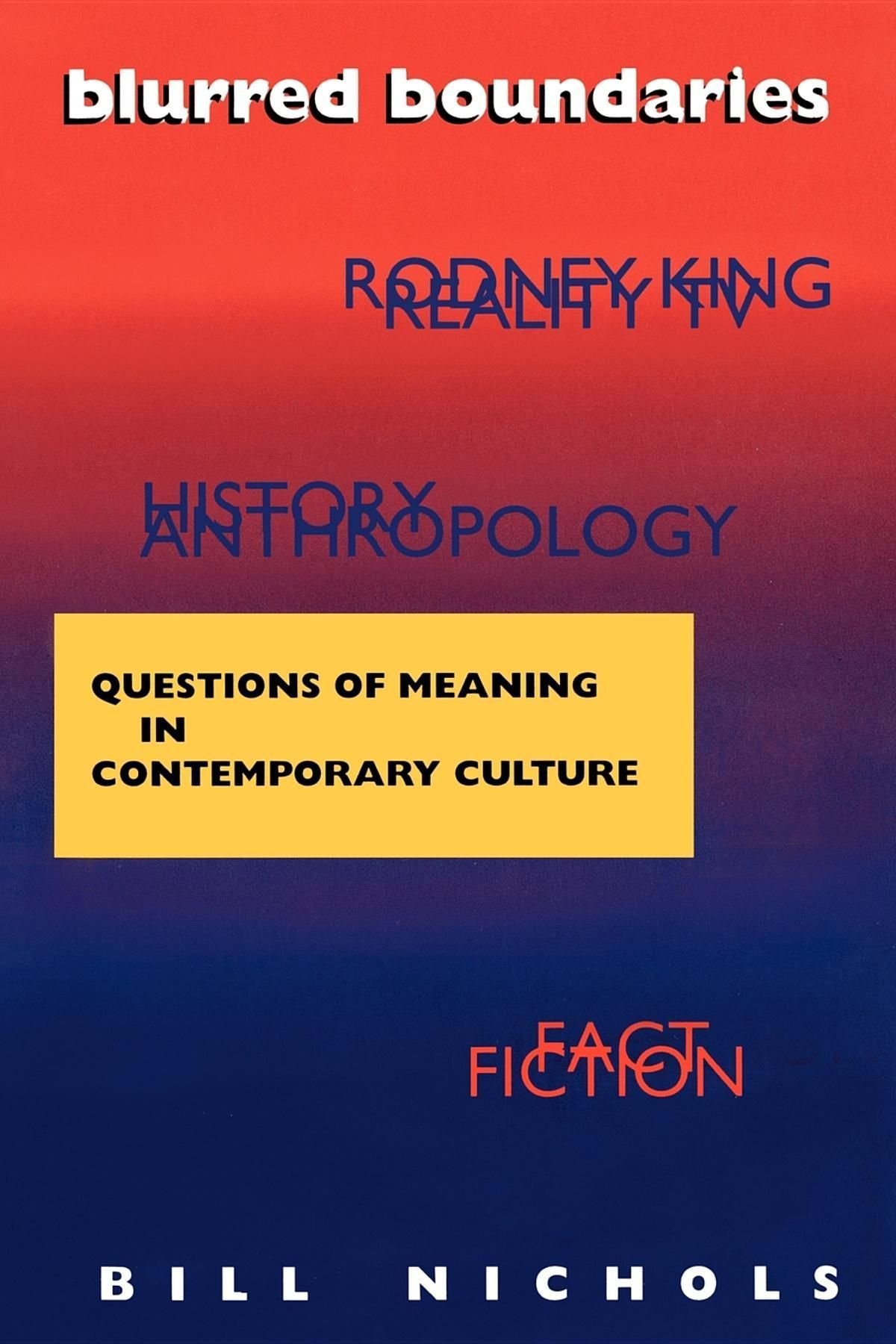Dr Ronald Gray, Fellow of Emmanuel College, lectured at Cambridge University on German Literature and Philosophy for 33 years, and now expands his article, “Will in the Universe: Shakespeare’s Sonnets, Plato’s Symposium, Alchemy and Renaissance Neo-Platonism,” published in Shakespeare Survey 59 (Cambridge University Press, 2006). This developed from his Goethe the Alchemist: A Study of Alchemical Symbolism in Goethe’s Literary and Scientific Works, 1952, greeted on publication as “a major contribution to Goethe Studies.“Diotima’s vision of universal love in The Symposium is echoed not only in Castiglione’s The Courtier but in alchemy, in its symbolical sense; these, together with Christian ideas combined in Shakespeare’s imagination, strongly influenced the Sonnets. Where possible, Shakespeare inserted themes of the Sonnets in his plays. The result is a paradoxical combination of mysticism, sometimes erotic, in the Sonnets, with real situations and real lovers in both Sonnets and plays. The supreme realisation of the Dark Lady is Cleopatra, but the Lady also has mythic dimensions.












